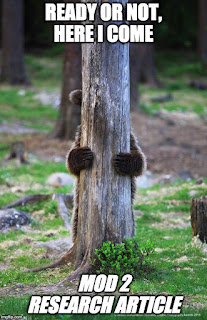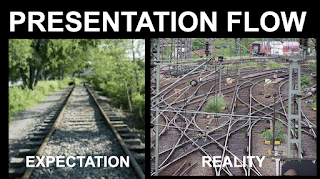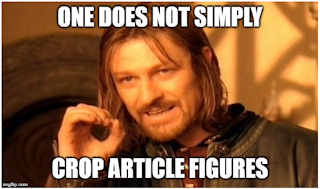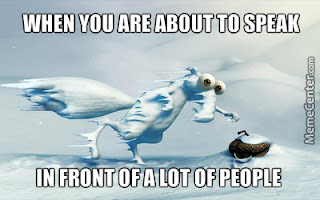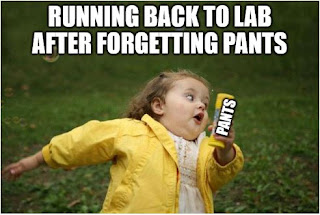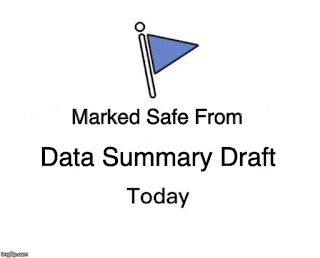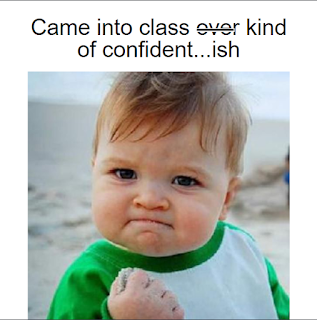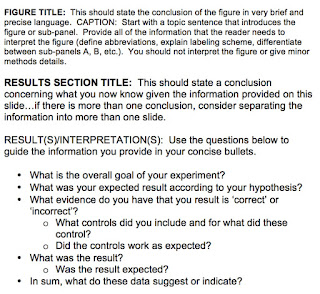Conquering PTSD ("Presentation" Traumatic Stress Disorder)
I used to get quite nervous whenever I had to deliver a presentation to a room of people. I could feel butterflies in my stomach from the moment I got up to speak until the moment I finished my presentation. However, I think for this task (public speaking) in particular, having to do it over and over and especially seeing other scientists I admire give talks has really been the crucial factor in helping me control what I'll playfully refer to as PTSD ("presentation" traumatic stress disorder) in this blog! For Journal Club specifically, I was able to prepare my slides and get great feedback from a BE Comm Lab fellow the day before I had to present. I got really useful advice that helped me to tighten up my slides (I had way too many), improve figure titles, condense slides for impact, and clarify explanations that needed to be delivered more effectively. Thinking back to all the presentations I have had to give for classes pre- and post-MIT, I truly think that each pres
